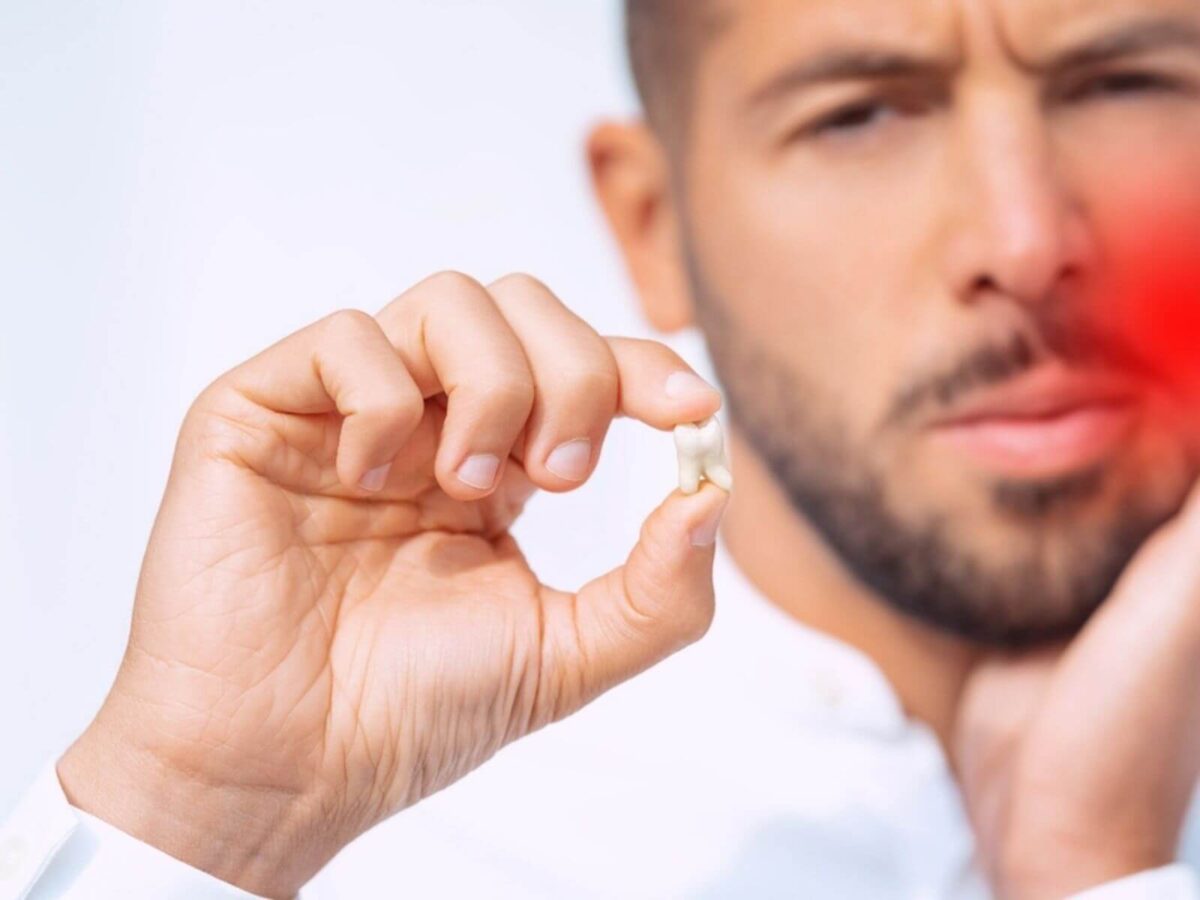Tooth extraction may be necessary for several reasons: Any break-up or decay, infection, or too much crowding are some reasons why a tooth must be pulled. The procedure can sometimes be a painful one, and the time that it takes for a patient to heal can greatly differ. Some foodstuffs are likely to irritate an incision area and may cause infection or reinjury.
Nutrition is important when given a tooth extraction treatment, as lack of it can slow down the healing rate or even lead to infection. Failure to follow the rules on what to eat and not eat after the operation can be a big letdown to a patient who has undergone tooth extraction.
What To Eat After Tooth Extraction?
According to the dentist, the postoperative meals should be as smooth as possible: not hot and with a low temperature. Cool foods have the added advantage of reducing inflammation, while soft foods do not need much chewing. Here are some examples of good food options following an extraction:
1. Mashed Potatoes
Mashed potatoes are well recommended for anyone who has just undergone a tooth extraction. It is soft and can be easily ingested, and it includes the necessary nutrients that will lead to the healing of wounds. Many people know that mashed potatoes contain vitamin C, which is important for the body after surgery. Moreover, the potassium and fiber present in mashed potatoes helps treat comb and swelling. Lastly, sprinkling butter and herbs on mashed potatoes is culminating for that little extra zest.
2. Scrambled Eggs
Protein and vitamins A and B-12 found in eggs are appropriate after extraction. The body can restore broken tissues and build new ones through protein, while vitamins A and B-12 will enhance your immune system.
Also, try to take omega-3 enriched eggs for further anti-inflammatory nutrients and value addition. Some cheese or herbs can also be added to give you the best experience of eating scrambled eggs.
3. Yogurt
It should also be noted that after surgical teeth removal, consuming products containing protein and calcium is helpful – yogurt is a great example. Further, yogurt is a product of milk containing nutrients and probiotics that work to enhance digestion and strengthen your immune system. It is preferable to use plain Greek yogurt because it contains vast quantities of protein, although it is rather sweet.
4. Smoothies
Smoothies are suitable after the extraction since they can be blended from different ingredients and enriched to fit the client’s diet. For instance, incorporating a scoop of protein powder or peanut butter into smoothies enhances the protein, meaning it is more nutrient-dense for healing after tooth removal. Fruits and vegetables are rich sources of vitamins A and C, and they can also be added to smoothies.
Do not use straws while drinking smoothies. The sucking action that is created when using a straw to drink can cause the blood clotting that has formed to dissolve and leads to dry sockets and slow healing.
5. Soup
Soups contain many nutrients and are usually easily taken, especially after extraction. Soups made from bone broth are beneficial because they contain some of the important building blocks of proteins and healing minerals that the body needs to construct new tissues. In addition, the holding of vegetables can be added to supply supplementary vitamins and minerals. This helps you observe the required nutritional intake after an oral surgery.
6. Ice Cream
Cold foods also effectively fight inflammation, making you feel more comfortable after tooth extraction and ice cream. You should not underestimate soft-serve ice cream since you can take any flavor, like banana ice cream, as a healthy meal.
Other comfort foods that you may want to try after the tooth extraction include Cottage cheese, oatmeal, and applesauce. These rich foods contain some nutrients that are essential for soft diets without straining the mouth.
What Not To Eat After Tooth Extraction?
Spicy and Acidic Foods
You may fancy adding a little hot sauce to your meals, but the best bet is to cool down once your tooth is pulled out. When one has tasted the hot ginger, he or she will know that spicy products are risky to take when one’s gum is pulled out. And since any outside irritant is the last thing one wants, it is best to wait until your dentist has cleared you to take spicy products.
Crunchy Snacks
In the first week after getting a tooth pulled, don’t eat anything with a hard, crunchy, or frozen texture. Not only are those snacks hard to consume when your mouth is sore, but an experience will also teach you how some may break off and bits get lodged in the socket. Soft foods are only for a while, at least, until your dentist informs you that you can switch back to normal food.
Consuming Liquids Using Straw
When advised to take liquids and soft foods on the first days after surgery, they need not use a straw to do this. Sometimes, the pressure needed to suck fluids through a straw can make clotted blood, forming a crust over the incision and leading to bleeding. It also exposes the area longer in the hope of a scratch developing, where the virus can form an infection.
Foods That Need A Lot Of Chewing
The jaw can be inflamed and sensitive after tooth extraction, which can cause severe pain. Some of these are candies, steak, or jerky foods, which require a lot of force to be chewed. People wait several days after tooth extraction to allow the jaw to heal and get back to working status.
Hard Vegetables Or Fruits
Hard fruits or vegetables, like apples, broccoli, and carrots, cause a lot of pain when a damaged tooth is extracted. Eating them requires a lot of pressure while chewing, which provokes sensitive and swollen gums. Small fine particles can also infiltrate the incision area and worsen the healing process, given that they are stuck in the wound.
Finishing Up
At our dental office, Winnie Dentist TX, we will do our best to save your tooth, but if extraction is necessary, we shall ensure the patient is as comfortable as possible. We also ensure that the patient understands what is being done to them. Come to us today for a free prospectus. Please feel free to ask your oral surgeons about tooth extraction from our team of knowledgeable physicians who will ensure a quick recovery.




